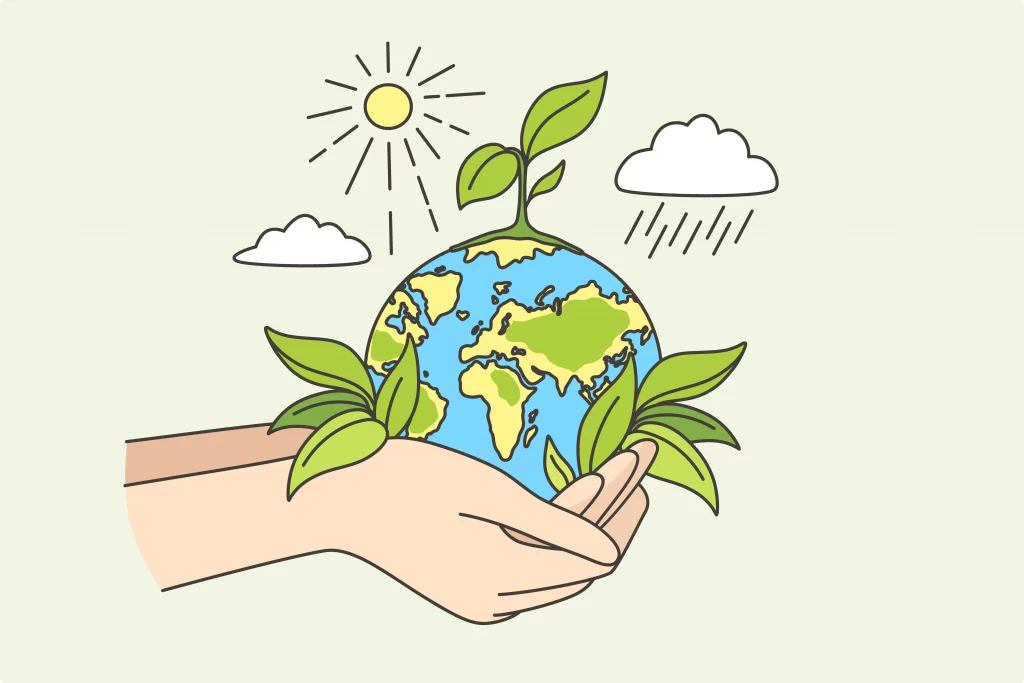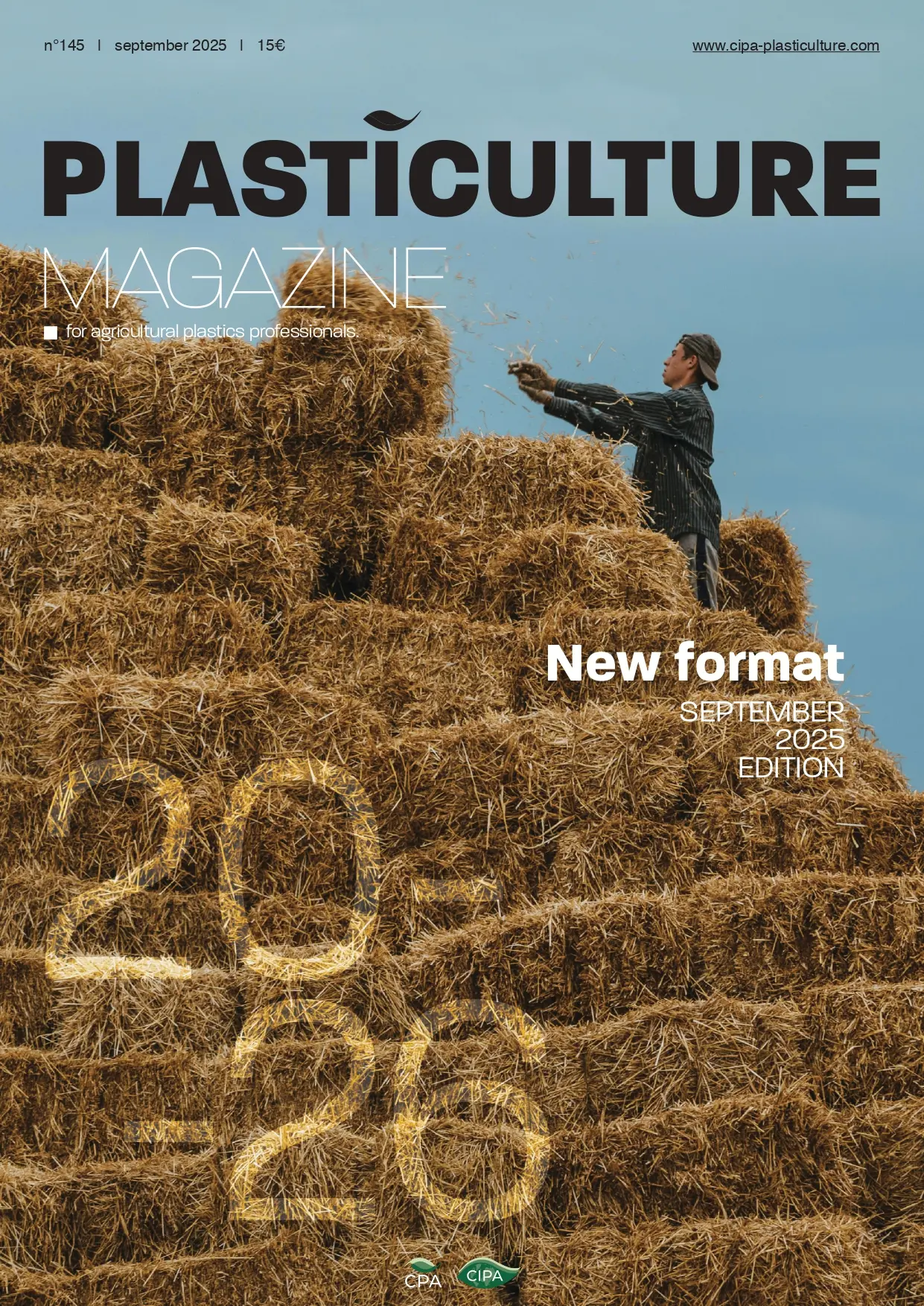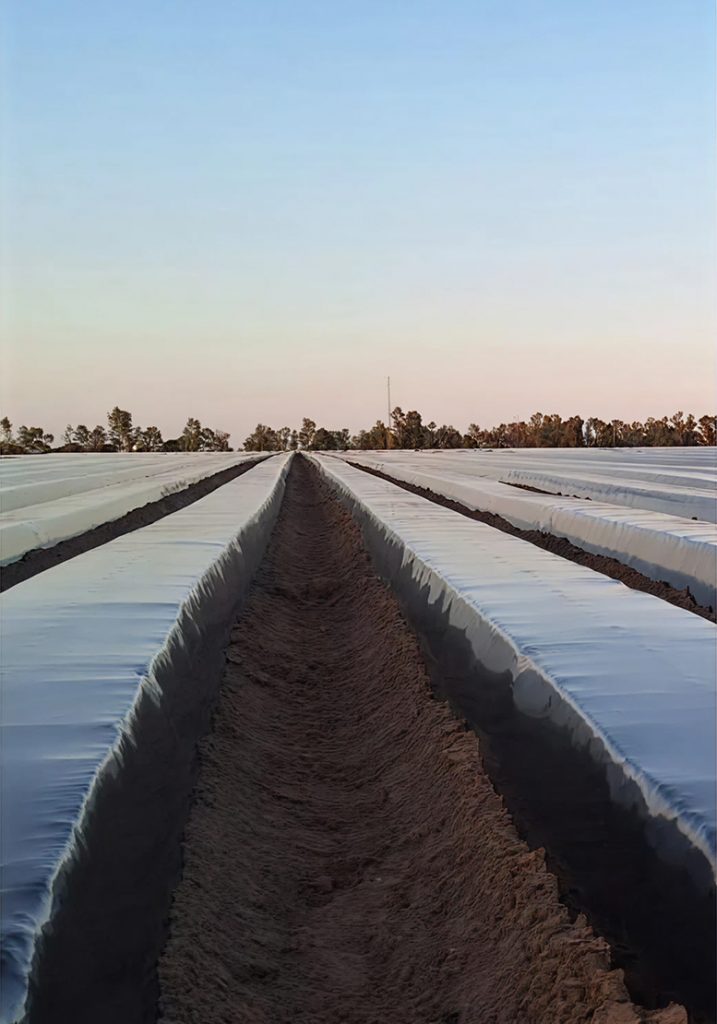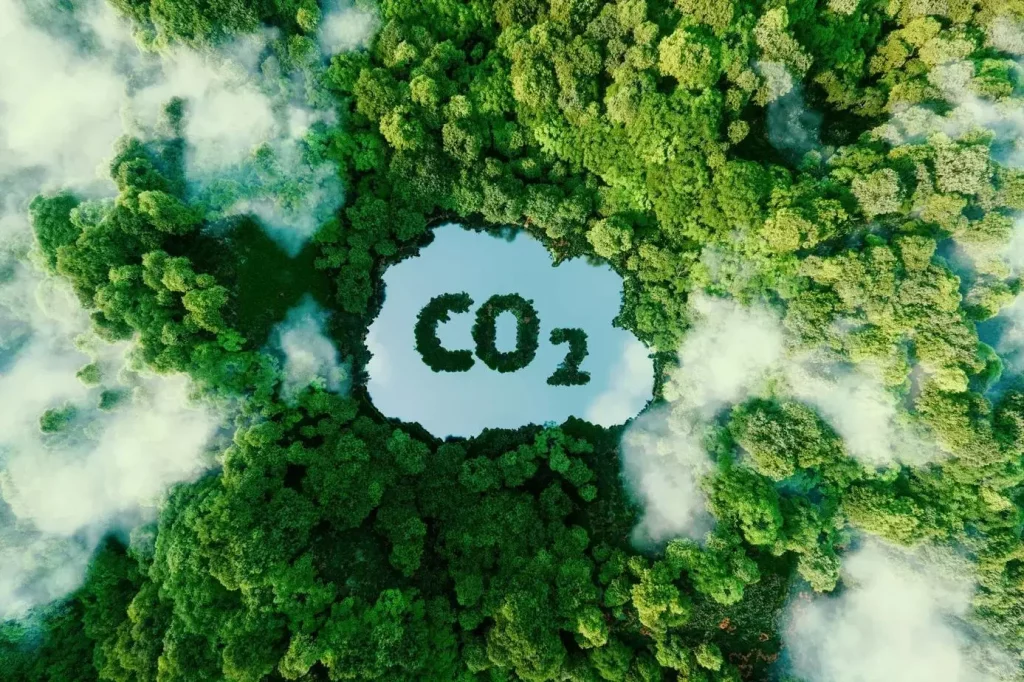Global overview and impact of EPR in the agricultural sector

AUTHOR : Pierre de LEPINAU¹, Independent consultant, Expert in Agriculture and Circular Economy
The implementation of the principle of Extended Producer Responsibility is spreading around the world, particularly in the agri-food sector. Let’s look at what this means for marketers and for the product life cycle.
Extended Producer Responsibility (EPR) is a regulatory approach that aims to make companies responsible for the entire life cycle of their products (design, production, waste management) by transferring responsibility and part of the waste management costs to those who place the products on the market (manufacturers or importers).
There are many variations of passages of Lorem Ipsum available, but the majority have suffered alteration in some form, by injected humour, or randomised words which don't look even slightly believable. If you are going to use a passage of Lorem Ipsum, you need to be sure there isn't anything embarrassing hidden in the middle of text. All the Lorem Ipsum generators on the Internet tend to repeat predefined chunks as necessary, making this the first true generator on the Internet. It uses a dictionary of over 200 Latin words, combined with a handful of model sentence structures, to generate Lorem Ipsum which looks reasonable. The generated Lorem Ipsum is therefore always free from repetition, injected humour, or non-characteristic words etc.












